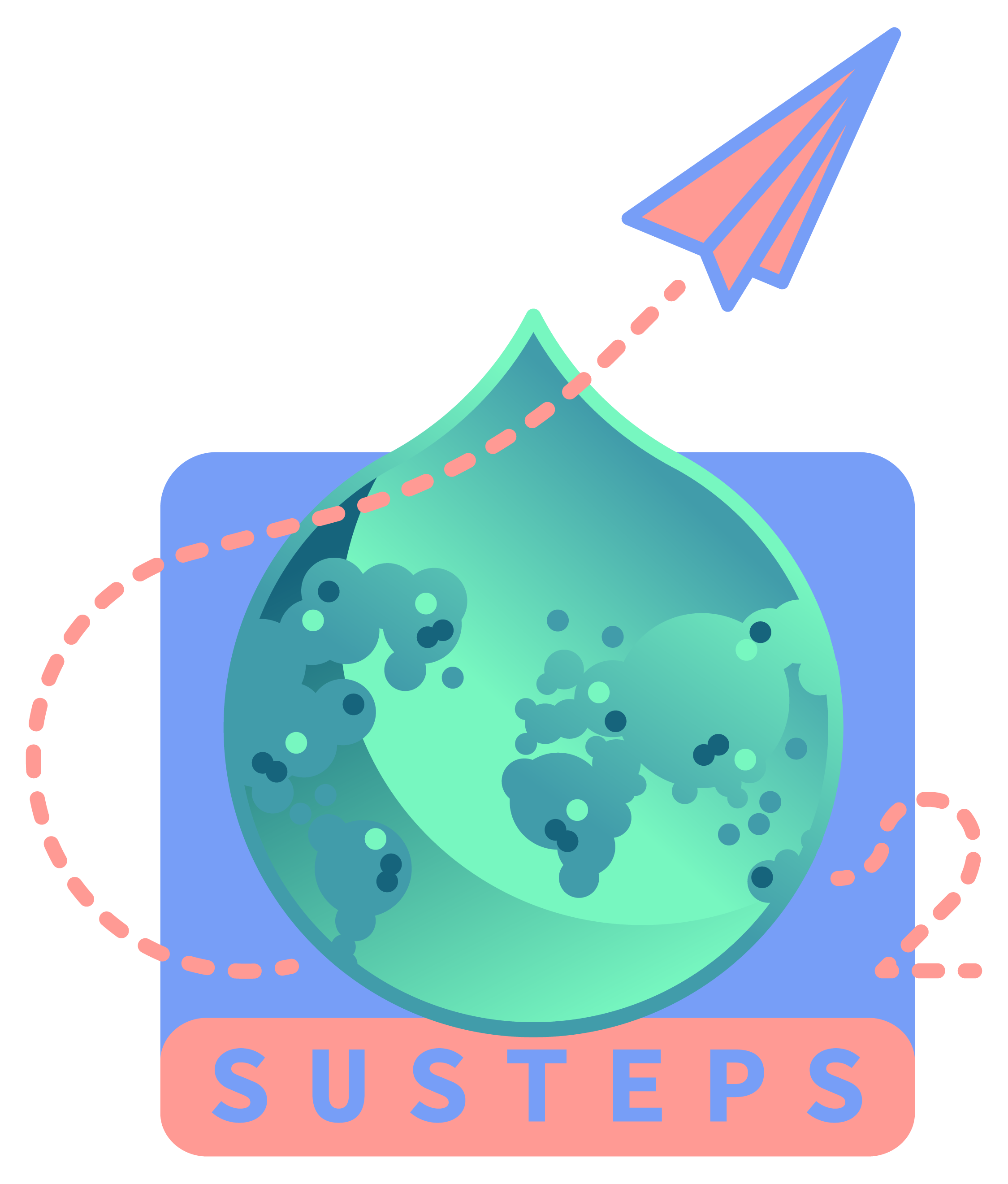
Consortium
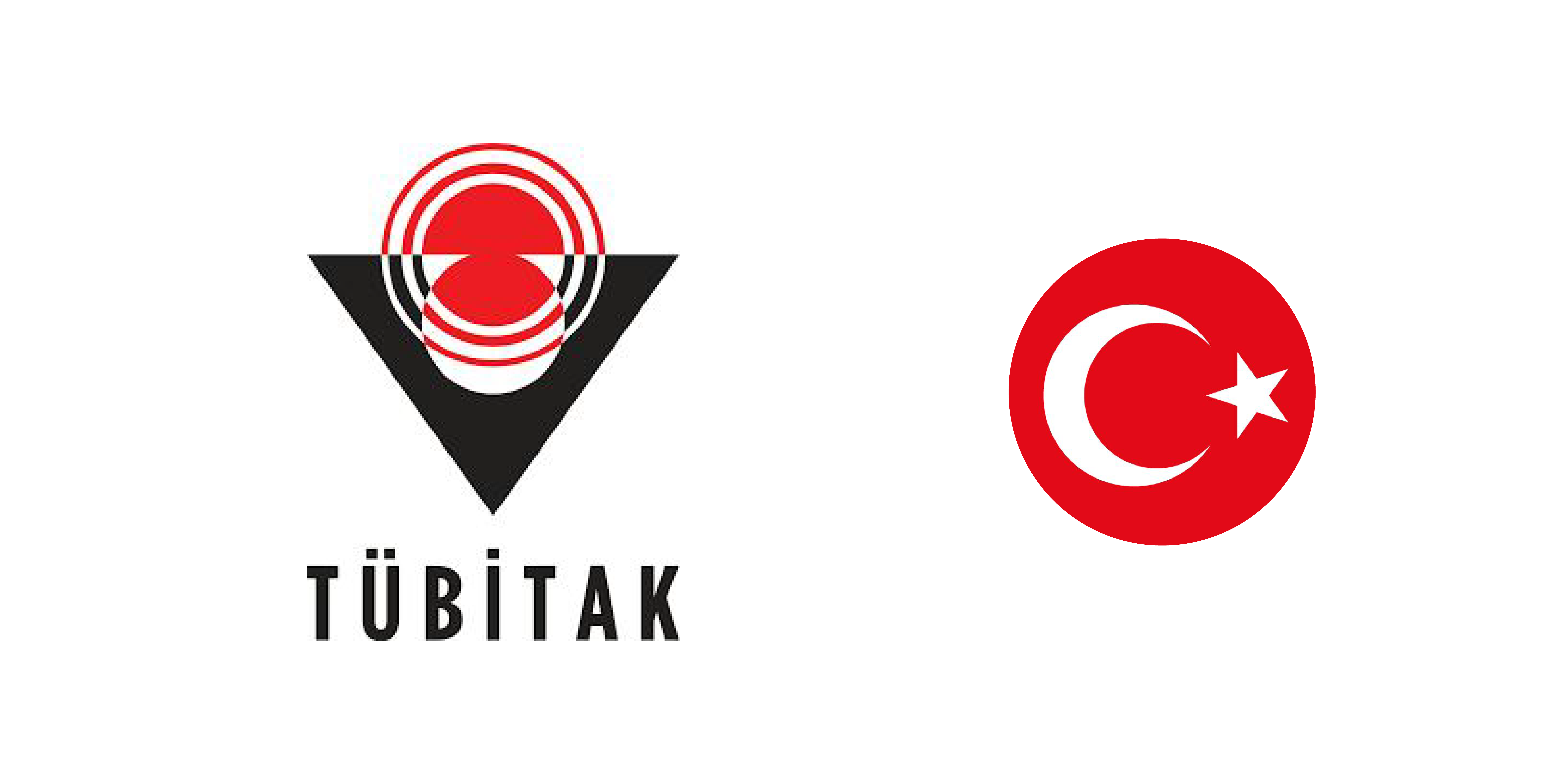
Coordinator
TURKIYE BILIMSEL VE TEKNOLOJIK ARASTIRMA KURUMU (TUBITAK)
TUBITAK is a well-known Turkish Research Centre playing a key role in the SUSTEPS project, particularly in coordinating activities, developing the bio- refinery processes, and leading sustainability studies. The focus areas of TUBITAK’s research teams are the “Clean Energy Technologies (CET)” and “Circular Economy and Resource Efficiency (CRE)”, involving cost-efficient green energy production and environmentally friendly technologies. Both groups operate in the technology readiness level (TRL) range of 3-6. TUBITAK is the coordinator of the project according to their large background in cooperative European projects and coordination.
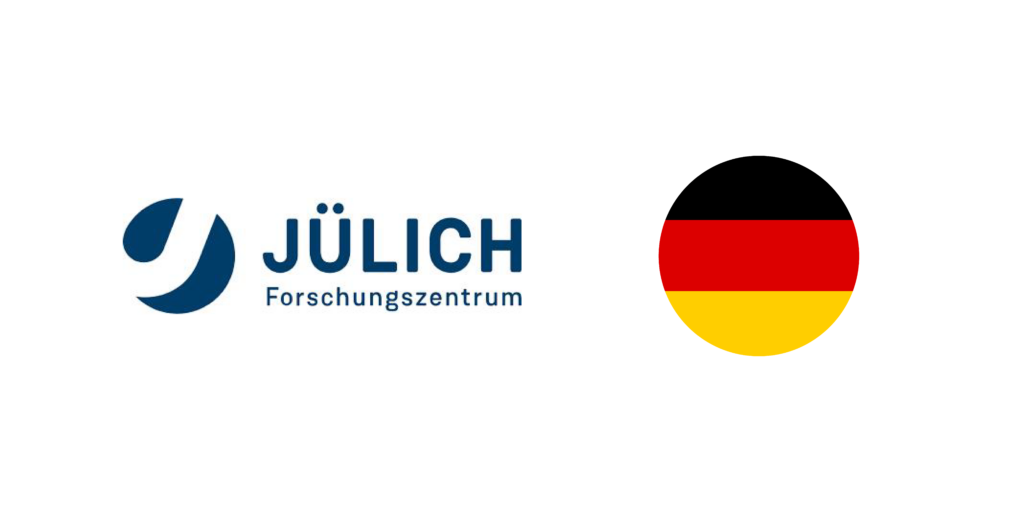
FORSCHUNGSZENTRUM JULICH GMBH (FZJ)
FZJ is a German institute contributing its expertise and infrastructure to key aspects respecting the development of reactors and systems for fuel processing on fuel cell systems. The organization also possesses critical infrastructure and resources, including process simulation software for setting up models of reformers and shift reactors. In the context of SUSTEPS, FZJ plays a crucial role through leading the biocrude upgrading and green hydrogen production efforts (WP6). Additionally, FZJ is tasked with developing a catalytic reforming and water-gas shift process customized for SUSTEPS gas streams, with the aim of producing bio-hydrogen for use in upgrading studies.
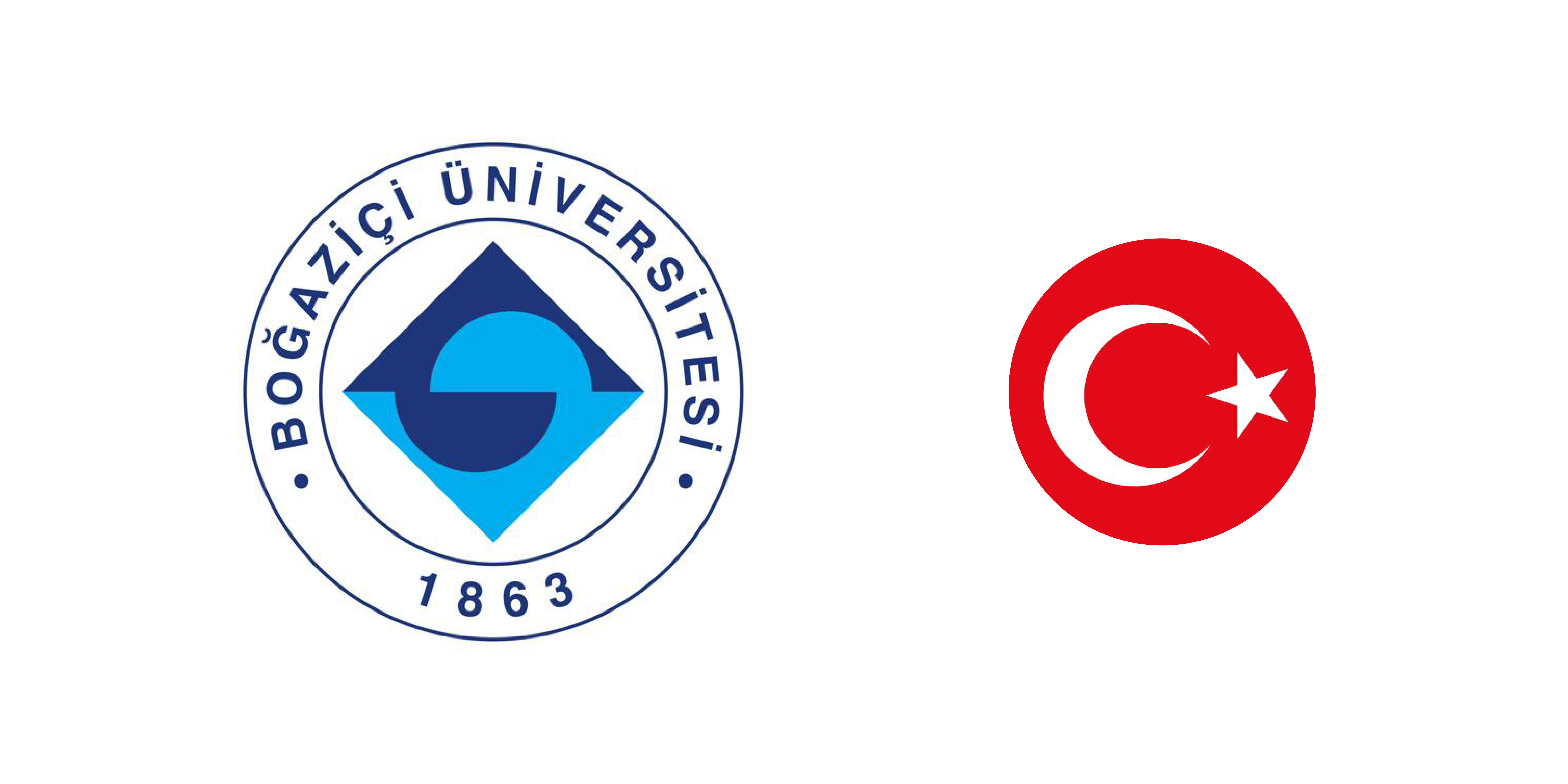
BOGAZICI UNIVERSITESI (BOUN)
BOUN is a Turkish university that plays a crucial role in the SUSTEPS project, focusing on access to critical infrastructure and resources for the development of third-generation biofuels. The university utilizes high-throughput “OMICS” characterization tools, such as next-generation DNA sequencing, metabolomics, and proteomics, to understand the fundamental biochemistry of algal species. BOUN contributes to an operational integrated biorefinery with large-scale algal biomass cultivation and capture processes for feeding the microalgae. They employ 3000-L capacity GM-certified cultivation units to upscale algae strains.
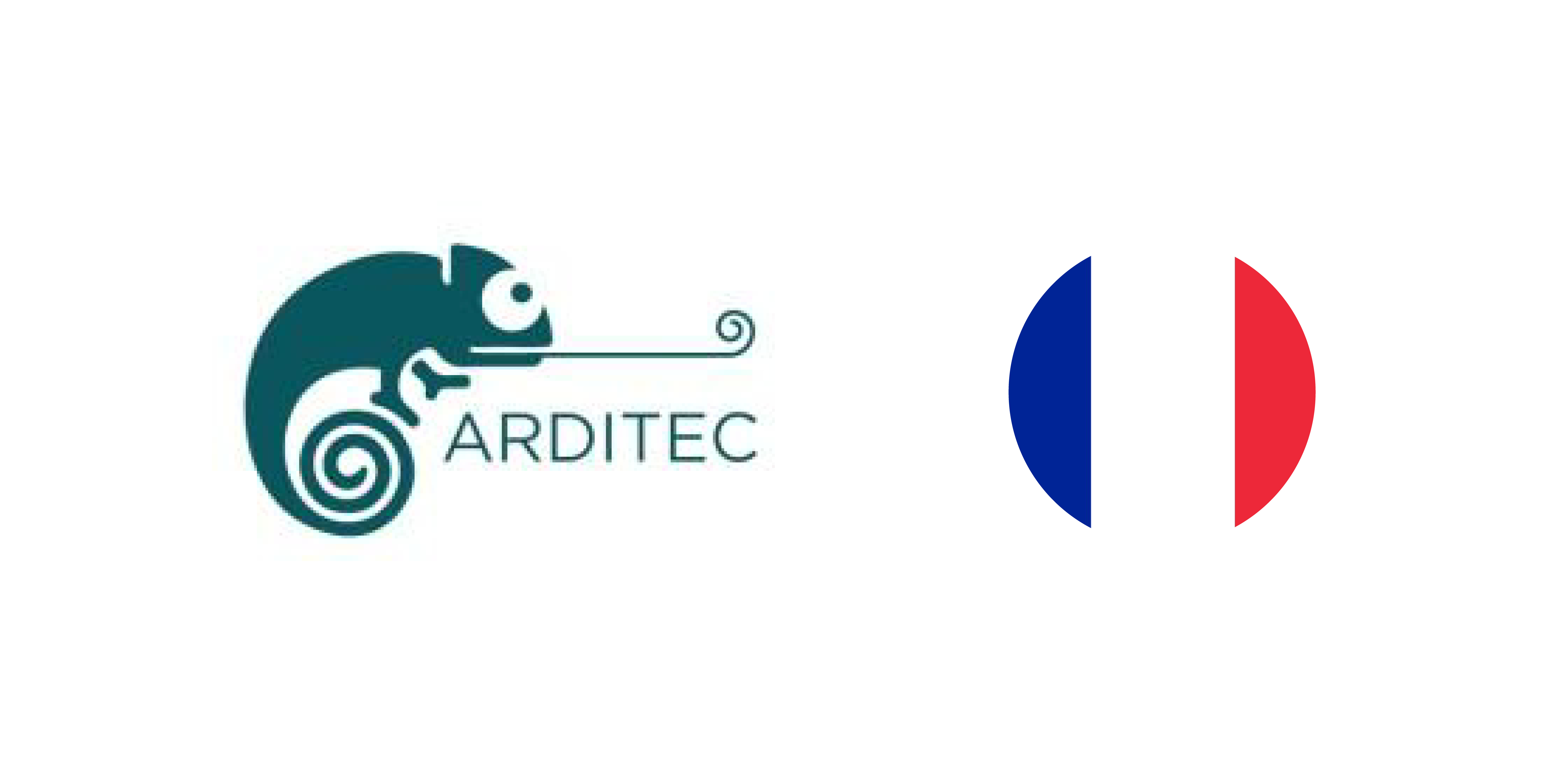
ARDITEC Association (ARD)
ARD aims to promote sustainable development, protect our environmental and cultural heritage, and enhance social responsibility. This is achieved by supporting members and partners to implement programmes that protect the needs of future generations.
Through its actions, the Association is committed to promoting sustainable development that includes the protection of the limited resources of our planet, our socio-cultural heritage, for all individuals and organizations worldwide. Fully aware of the risks of irreversibility and the essential need for solidarity, ARD proposes ideas and solutions inspired by virtuous models, namely:
– Assessment of environmental and socio-economic impacts, following the Life Cycle Thinking approach.
– Reduction of the environmental footprint, e.g. circular economy
– Complementary studies of technical feasibility and application of participatory sciences
– Voluntary and regulated compensation
– Workshops, training sessions & partnership agreements to raise awareness.
Their expertise in techno-economic and social studies has a great impact on the SUSTEPS project to understand the overall impacts of the microalgae to biofuel production process. Moreover, they will lead the promotion and dissemination activities of the SUSTEPS project.
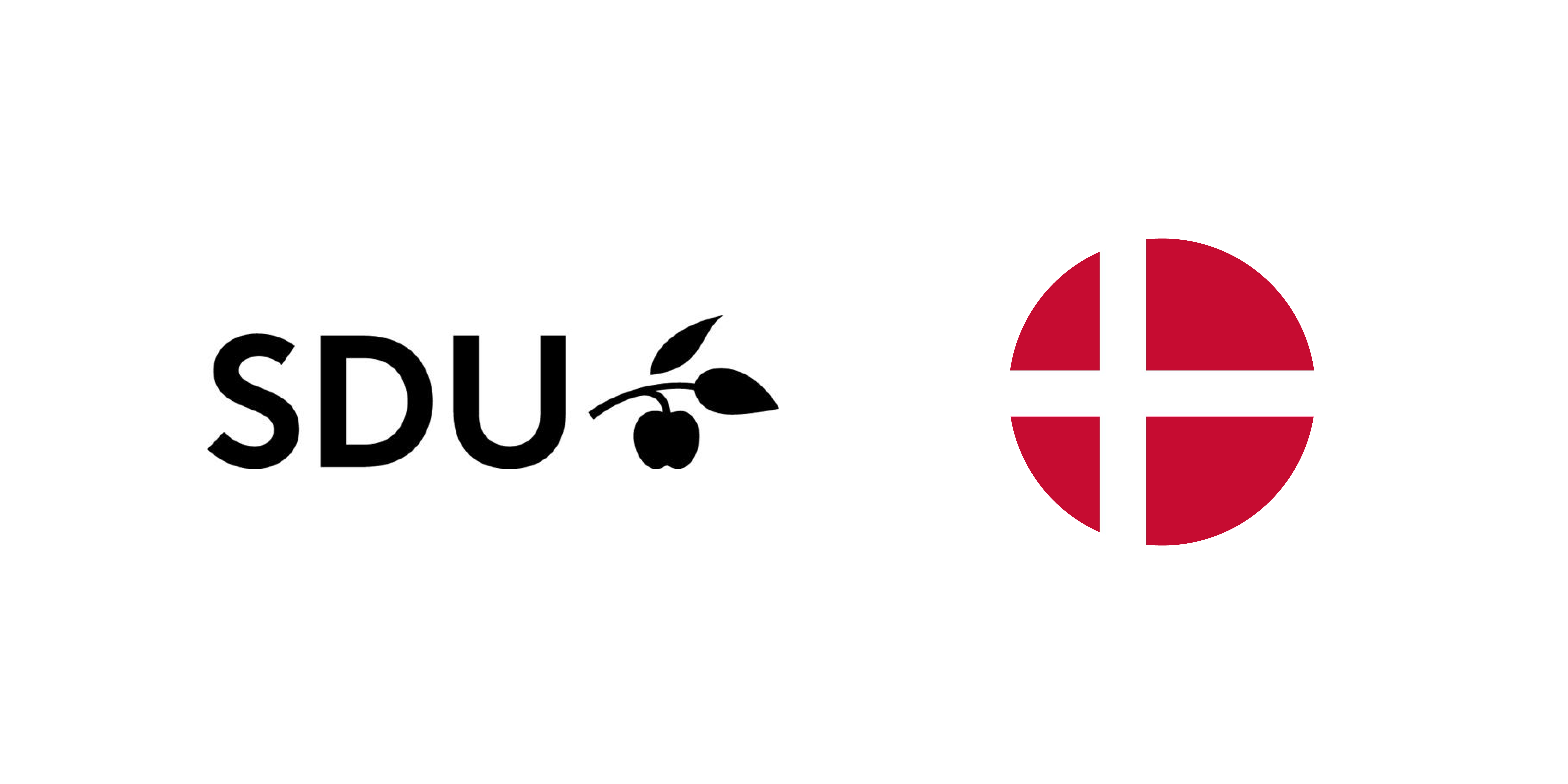
SYDDANSK UNIVERSITET (SDU)
SDU is a technical university based on Denmark. SDU focuses on accessing critical infrastructure and resources for the chemical and biochemical industry within the SUSTEPS project. Their expertise includes state-of-the-art membrane-based methods for nutrient separation from bio-waste, concentration of natural compounds from plants and algae, crystallization of pharmaceuticals, and the development of fuel cells and ceramic materials. All materials and processes aim to optimize energy conversion and resource use in the industry.
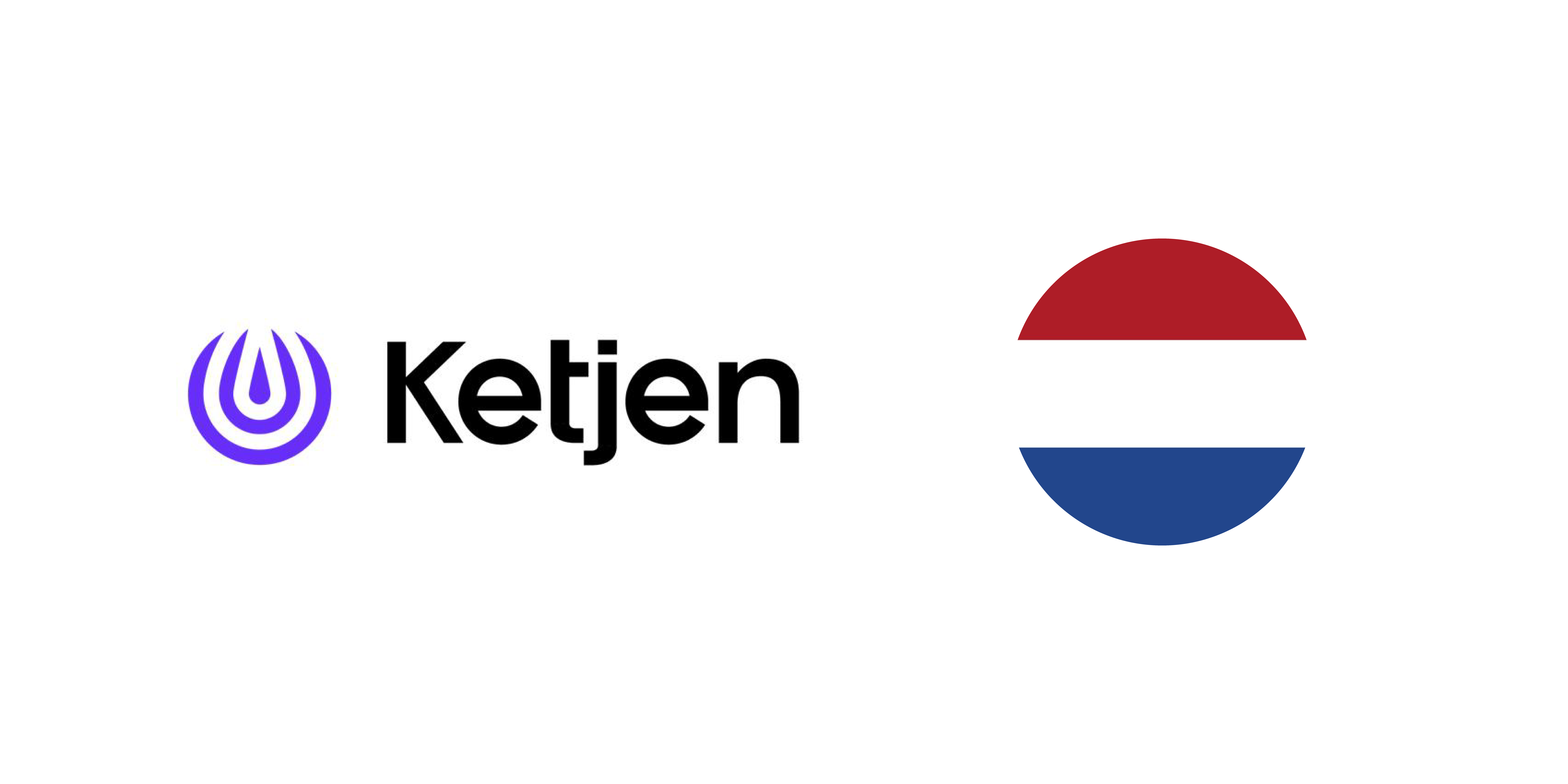
KETJEN NETHERLANDS BV (KETJEN)
KETJEN is a wholly owned subsidiary of Albemarle Corporation, a global chemical company, leading the development and production of catalysts, lithium, and bromine products. KETJEN has a major role in the hydroprocessing step of SUSTEPS and their catalysts enable oil refineries worldwide to produce energy- efficient, environmentally friendly fuels that meet overall emission standards. KETJEN’s commitment to sustainability extends over low carbon footprint products to environmentally responsible and safe processes, aligning with global efforts towards the energy transition.
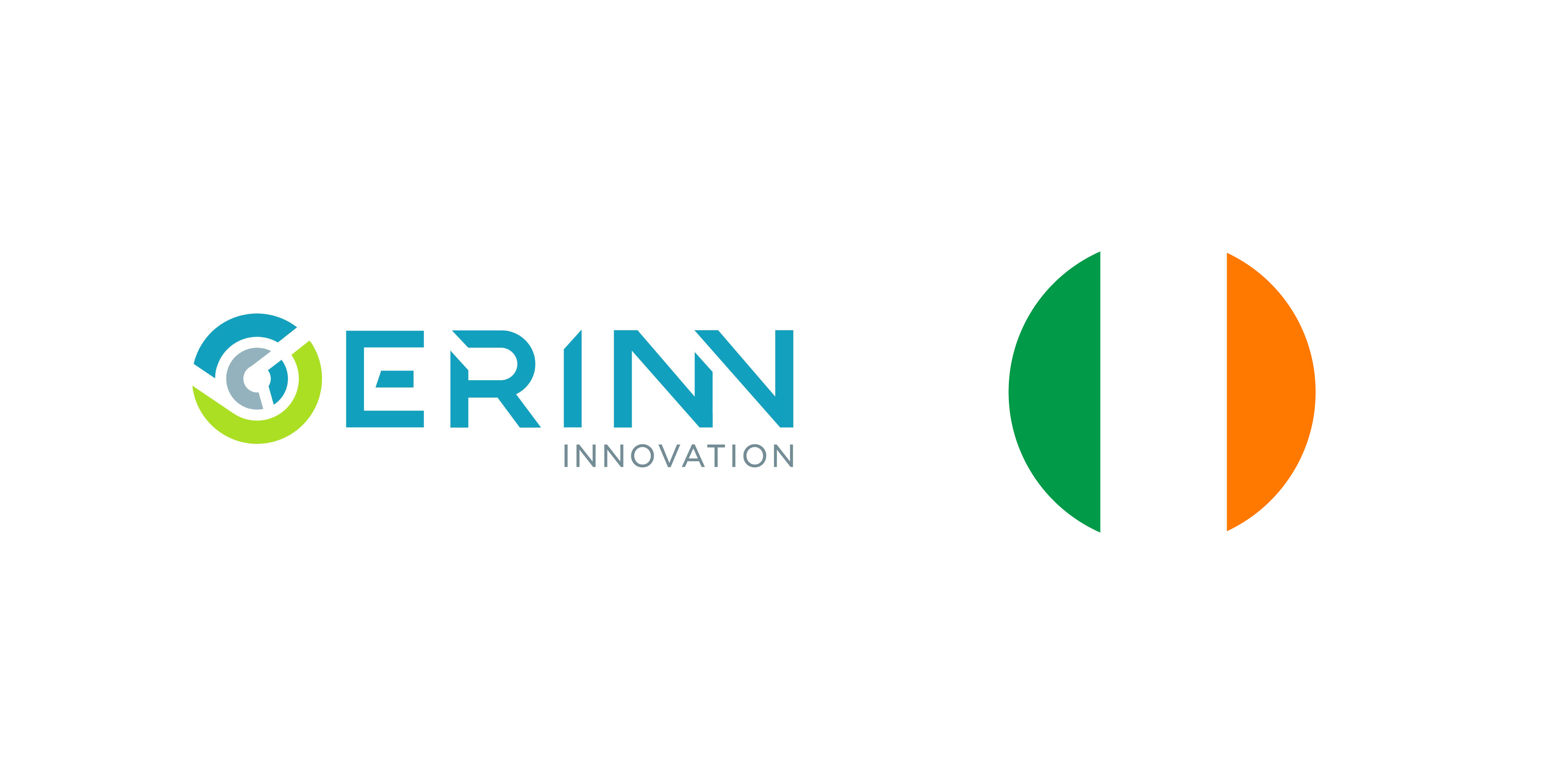
ERINN INNOVATION LIMITED (ERINN)
ERINN, as an SME with expertise in communication and stakeholder engagement, plays a vital role in SUSTEPS. Specializing in scientific knowledge management and transfer, ERINN leads WP2 and contributes to WP8 by employing its experience to effectively disseminate information, engage stakeholders, and manage scientific knowledge, while contributing to the success of SUSTEPS activities.
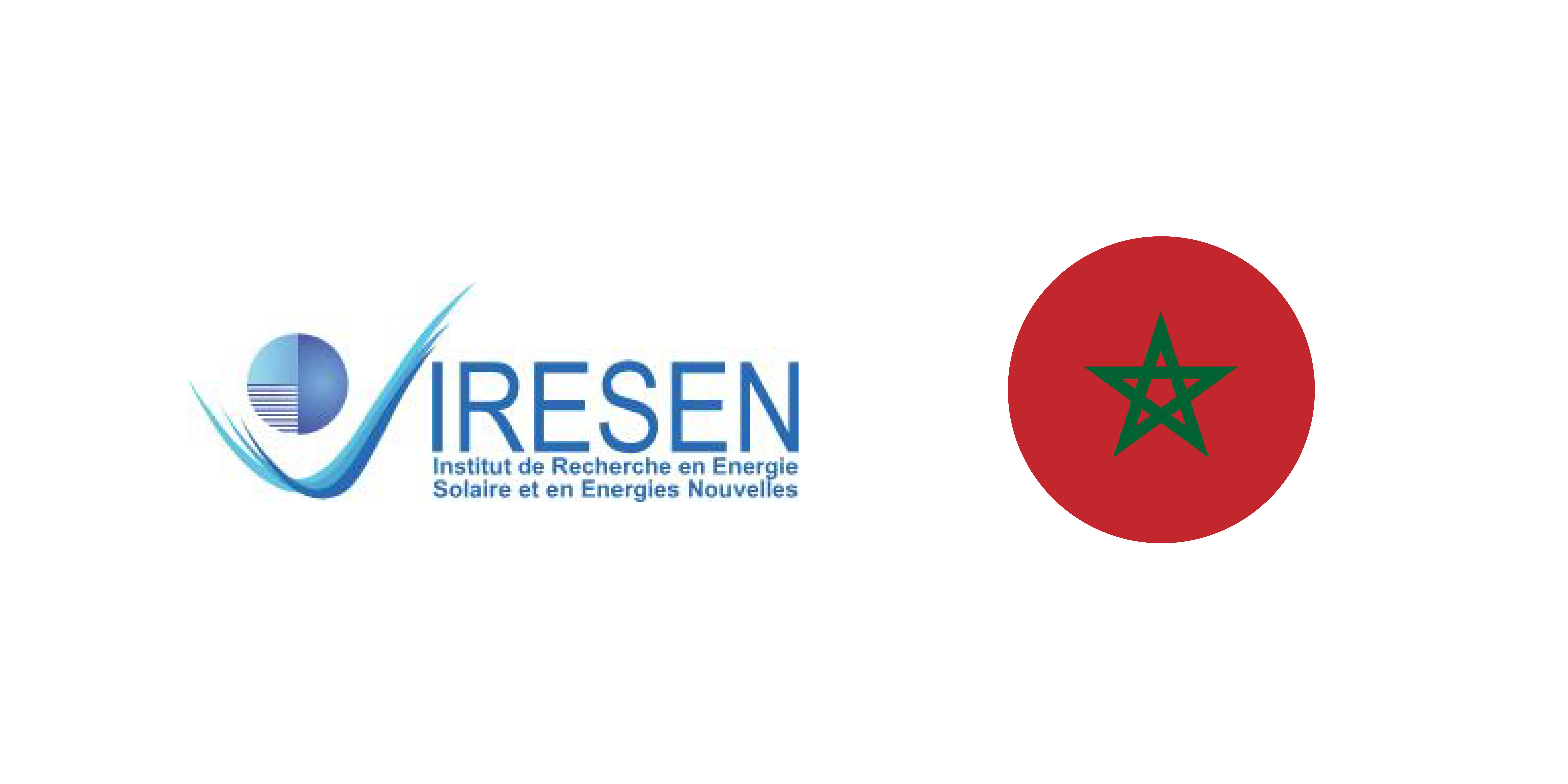
INSTITUT DE RECHERCHES EN ENERGIE SOLAIRE ET ENERGIES NOUVELLES (IRESEN)
IRESEN is a crucial partner involving the topics of green innovation and the clean energy sector’s value chain. IRESEN contributes to SUSTEPS activities by developing green hydrogen studies and participating in studies that investigate country-based variances through case studies in different geographies. As a crucial entity in the research and development of green technologies in North Africa, IRESEN aims to support Morocco’s national energy strategy through market-oriented applied research and innovation in the green technology domain.

PAUL SCHERRER INSTITUT (PSI)
PSI holds a critical role in the SUSTEPS project, providing access to cutting-edge infrastructure and resources specializing in hydrothermal liquefaction (HTL) process for converting microalgae into crude biofuel. With a laboratory-scale test unit, PSI aims to optimize this system for co-injection of catalysts, HTL conversion, and salts/catalysts extraction, elevating its Technology Readiness Level (TRL) from 2-3 to TRL 4 (WP5). This process forms the core of the project having a close coordination with the HTL upstream (BOUN) and downstream (TUBITAK, SDU, ALBEMARLE, FZJ) studies.
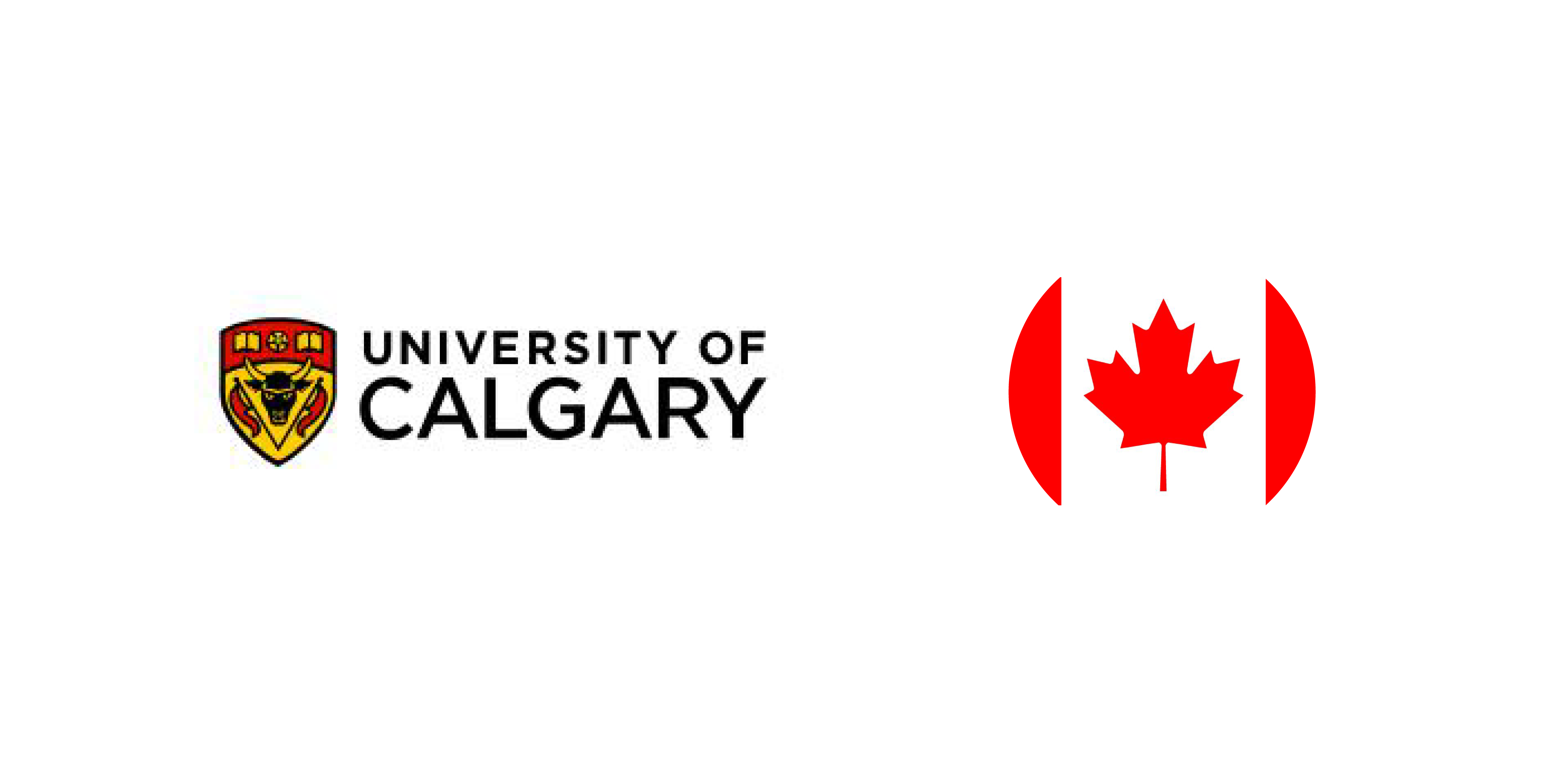
UNIVERSITY OF CALGARY (CALGARY)
CALGARY contributes directly to the biological processes, conducting studies on CO2 fixation enhancement and algae-based CO2 separation process design and assessment. Additionally, the university assists in geography-specific case studies for SUSTEPS, providing valuable information on Canada’s context for Sustainability and Green Hydrogen Production. CALGARY’s expertise in microalgae dynamics allows them to formulate advanced nonlinear model-predictive control algorithms, resulting in high culture density and productivity.
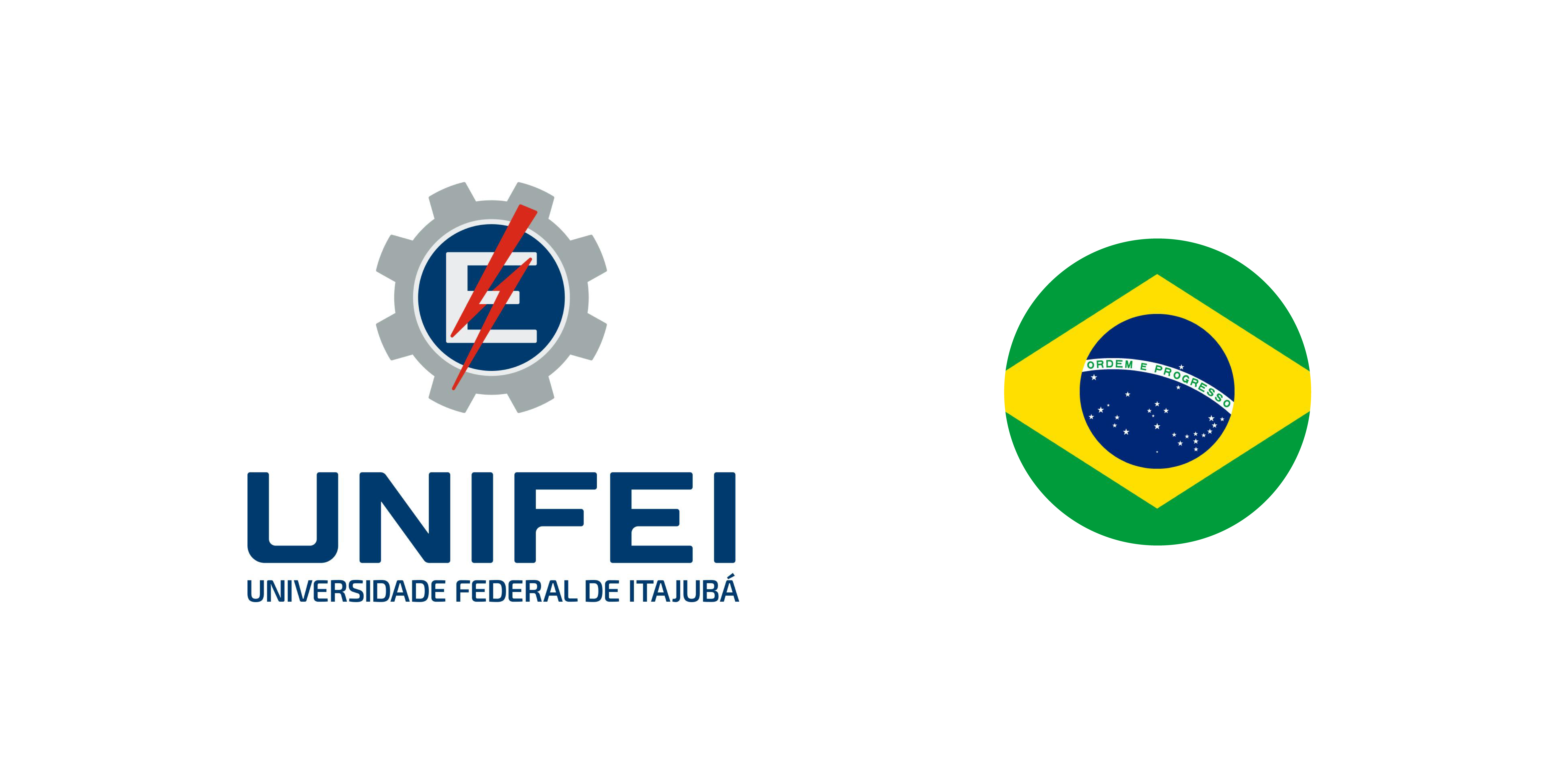
UNIVERSIDADE FEDERAL DE ITAJUBA (UNIFEI)
UNIFEI oversees forming Brazilian cases in the north-east Brazil and north of the Minas Gerais State, addressing industries and green hydrogen projects in those regions. They employ an integrated process design and simulation tool (Aspen Hysys/Plus) for effective technical communication and management across all technical work packages. UNIFEI specializes in thermoelectric generation methods, including thermo-chemical conversion of biomass, solar thermal energy, and life cycle analysis. With significant experience in alternative green fuels from waste sources
